April 2025 Newsletter
Dear Clients and Friends,
As we reflect on the current investment landscape entering April 2025, we want to address the topic of market volatility and how we are managing your portfolio in this environment.
Understanding Current Market Dynamics:
The financial markets thus far in 2025 have experienced ongoing fluctuation, driven by several key concurrent forces. While volatility is a normal part of investing, several key factors are currently contributing to the heightened levels we are observing.
Policy Uncertainty: the new administration has made considerable policy changes in the short time it has been in office, including the announcement of broad tariffs, federal layoffs, shifts in immigration policy and government regulation, and other policy initiatives which, in most respects, have caught the general public and business community unprepared and the investment markets searching for clues on the impact and its magnitude. We can already see evidence that the uncertainty is conditioning behavior, as business owners temper their enthusiasm for spending and expansion, and consumers begin to weigh major purchases.
Economic data: Should the sweeping tariffs prove long-term sustainable (not a given at this point), one would expect the progress on inflation to taper off, if not reverse course for a bit, before leading to slower overall economic growth. Uncertainties in inflation, interest rates and employment are all leading to downward shifts in business surveys and sentiment, which are often a leading “soft” indicator to what eventually winds up in the “hard data” down the road. For its part, the Federal Reserve is in a data-watch mode, while trying to uphold its dual mandate of stable prices and employment. The balance in these areas is delicate, and the risk of a policy misstep is tangible. The labor market remains stable, but we are already noting higher expected prices and prices paid in regional Federal Reserve surveys. It is not clear yet how well or if these costs can be passed on to consumers, but we will certainly hear more as public companies report first quarter 2025 financial performance beginning next month.
Geopolitical uncertainties: Notwithstanding the Ukraine/Russian war, developments across the globe are impacting market confidence. Traditional trade alliances may fall into question, thereby complicating existing supply chain and distribution networks for multinational companies which derive growth and cash flow from international markets.
Interest rate expectations: The Federal Reserve is trying to navigate a very tough fiscal environment with monetary policy. It does not want to contribute to what might be temporary inflation with rate cuts, but it certainly does not want to accelerate an economic decline by raising them.
Our Approach to Volatility:
At Boyce & Associates, we understand that market volatility can be concerning. Our investment strategy is designed with both a long-term perspective and a desire to limit downside risk. While some of these may seem intuitive, we incorporate several key elements to navigate these periods:
- Risk Tolerance: We assess and monitor both your tolerance and preference for risk, the latter of which can change quickly depending on market conditions. The investment policy statement (IPS), which is based directly on your financial plan, is designed to be durable but flexible during volatile times. It allows us to raise cash, adjust the investment mix, or redirect investments when circumstances warrant – while remaining entirely consistent with the long-term plan.
- Diversification: In accordance with your IPS, your portfolio is diversified across various asset classes, including equities, income and alternative investments such as gold, real assets, etc. A lot of thought goes into the assets selected for each category, which collectively are designed to cushion the impact of volatility in any single market segment.
- Risk Management: We employ risk management strategies, including time-tested asset allocation and prudent rebalancing, to protect your portfolio from significant downturns.
- In addition, we utilize
structured investments which actually
take advantage of market volatility when it appears – either for the benefit of current income or tax efficient cash flow, or for future accelerated returns of a specific equity market index. Importantly, all of the structured investments we create and/or utilize in client portfolios are designed to insulate at least a portion of the portfolio from downside risk by protecting the invested principal down to a certain index level below the purchase point. We have found that structured investments have been quite helpful during prior downturns as a key component of portfolio management, and many of the positions we hold in current portfolios are priced well below their intrinsic value.
- Long-Term Perspective: We remain focused on your long-term financial goals and avoid making impulsive decisions based on short-term market fluctuations. Emotion is a powerful behavioral impulse in investing, and it is critical to remain consistent and steadfast in the approach. We believe that staying disciplined and adhering to your investment policy is crucial for achieving your objectives.
- Active Monitoring: We continuously monitor market conditions and make tactical adjustments to your portfolio as needed to respond to evolving dynamics.
Our Commitment to You:
We remain committed to providing you with clear and transparent communication about your investments. We are always here to answer your questions and address any concerns you may have. We encourage you to reach out to us to discuss your portfolio in more detail or to gain a better understanding of our approach to managing volatility. Your Boyce & Associates team is here to help!
Sincerely,
Eric Boyce, CFA
President & CEO
Forward-looking statements, estimates, and certain information contained herein are based upon proprietary and non-proprietary research and other sources. Information contained herein has been obtained from sources believed to be reliable but are not assured as to accuracy. Past performance is not indicative of future results. There is neither representation nor warranty as to the current accuracy of, nor liability for, decisions based on such information.
Risks: All investments, including stocks, bonds, commodities, alternative investments and real assets, should be considered speculative in nature and could involve risk of loss. All investors are advised to fully understand all risks associated with any kind of investment they choose to make. Hypothetical or simulated performance is not indicative of future results.
Investment advisory services offered through Boyce & Associates Wealth Consulting, Inc., a registered investment adviser. Boyce & Associates Wealth Consulting, Inc. has Representatives Licensed to sell Life Insurance in TX and other states.










